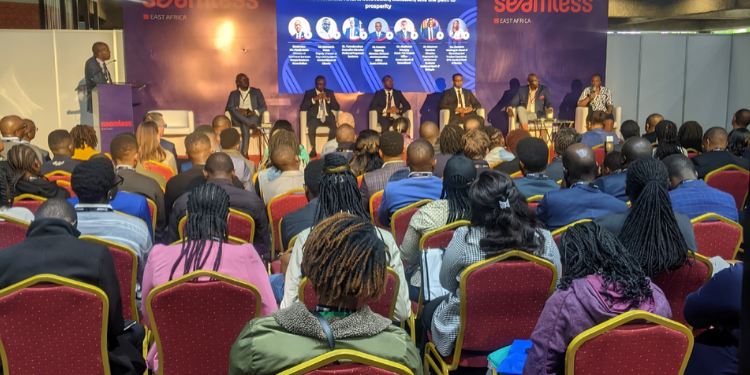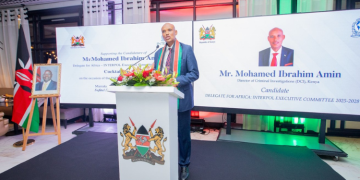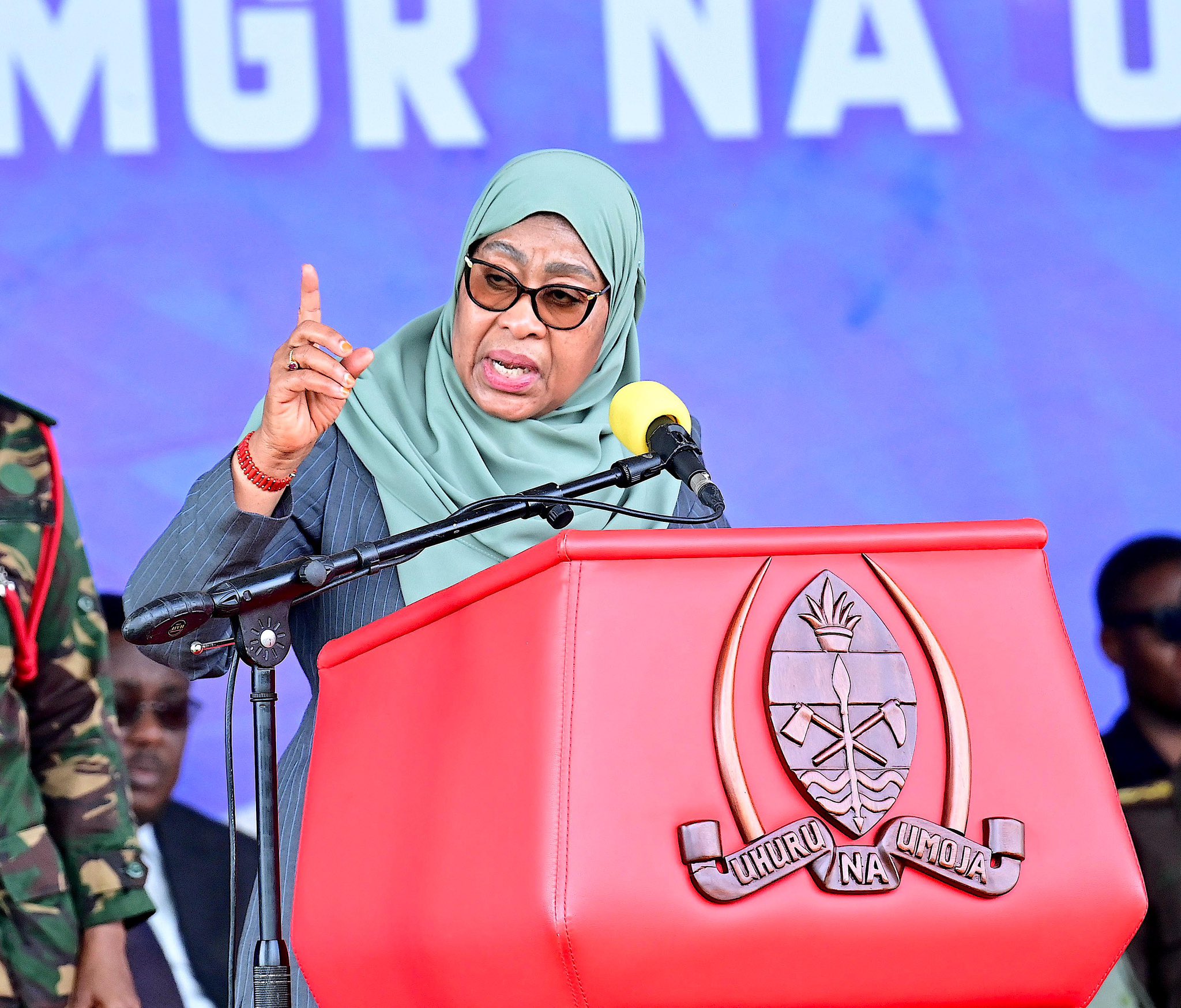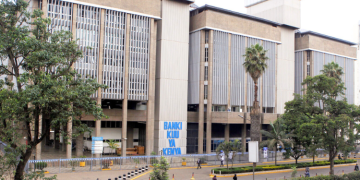Artificial intelligence (AI) is poised to play a transformative role in making Africa a cashless continent within the next two decades.
Experts said at Seamless East Africa 2025, held on July 2nd & 3rd at the Kenyatta International Convention Centre (KICC).
“In 19 years, we will be a cashless Africa,” said Ndungi Hartnell, chief data officer for Africa at Absa Group. “We need to integrate AI, embrace finance, and let Gen Z develop our next phase.”
The two-day fintech, payments, and digital commerce summit drew more than 3,000 attendees and featured over 2,000 industry players from across the continent and beyond.
The event served as a forum for bold ideas, innovation, and the accelerating role of digital transformation in East Africa’s financial and retail ecosystems.
AI at the Core of Change
AI was the dominant theme, with speakers noting its central role in shaping banking, ecommerce, and customer experience across the region.
Also Read: Elon Musk Deploys Free Starlink Internet to Aid Texas Flood Rescues
“There is quite a change in tech,” said Charles Washika, director of ICT and Innovations at Cooperative Bank. “We have to change how we operate, co-creation with customers is key.”
Hartnell echoed the sentiment, noting how the pandemic changed public perception.
“The biggest thing from COVID is that people started believing in tech. We’re seeing a change of strategy and use of AI.”
He explained the shifting dynamics in the financial sector. “New roles are emerging. People in banking are genuinely interested in what’s going on out there.”
E-commerce Expands as Digital Confidence Grows
Vinod Goel, CEO of Jumia Group, highlighted the e-commerce platform’s growth since its 2012 launch.
“We are present in nine countries. E-commerce is growing rapidly after COVID-19,” he said. “We focus on high-density areas, but we’re expanding beyond Nairobi.”
Also Read: Co-op Bank to Invest Ksh1.2 Billion After Joining Africa’s Top 25 Largest Banks List
Despite the progress, challenges remain. “Around 40–50% of people are off-grid. They don’t have the courage to buy online, or they don’t have a phone or internet,” Goel said.
To address this, Jumia has deployed local agents who help customers place orders and introduced a flexible payment model.
“Cash on delivery is tricky, but we took the challenge,” Goel said. “We call it ‘pay on delivery.’ About 60–70% of our orders use this option. You can use any payment method.”
Embracing Africa’s Digital Next Chapter
With 270 pickup stations across towns, Jumia is working to bridge access gaps and AI is part of the solution. “We are integrating AI into our systems,” Goel added.
Seamless East Africa 2025 showed that Africa’s digital revolution is being shaped not only by technology but also by collaboration, youth innovation, and customer-centric strategies.
Hartnell concluded, “Let Gen Z develop our next phase.”
The vision of a cashless Africa is no longer speculative it’s a strategic goal within reach.
Follow our WhatsApp Channel and X Account for real-time news updates











































































